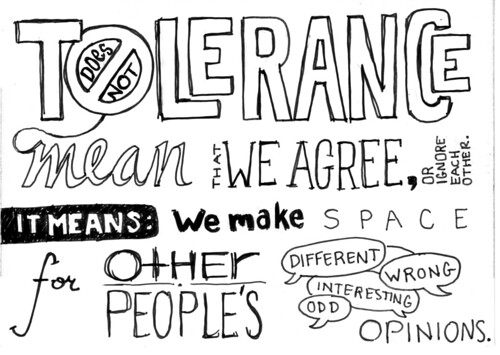It was 1970, and I remember that when we moved from the foreign country of California to the town in
Oregon where I would grow up, we were visited by some ladies from the local “Welcome
Wagon.” They brought a nice fruit basket, some words of welcome, and some advice
as to good places to shop, doctors, dentists, and other professionals that were
in the area. Apparently, the “Welcome Wagon” has been around since 1928, as their
website explains,
Welcome Wagon was
founded in 1928 by an insightful marketing man in Memphis, Tennessee, Thomas
Briggs. Mr. Briggs was inspired by stories of early Conestoga “welcome wagons”
that would meet and greet westward travelers, providing fresh food and water
for the journey. He created Welcome Wagon to embody this same spirit of warm
hospitality and welcome. He hired "hostesses", women who were
friendly and knowledgeable about their neighborhood, to personally deliver
baskets of gifts supplied by local businesses to new homeowners. Over a cup of
coffee, hostesses would tell new home buyers about local civic and cultural
activities in the community while handing out gifts and coupons from local
businesses. This hostess network expanded across the country until, aside from
Briggs and just a handful of males, Welcome Wagon became one of the first
all-woman companies in the US.
This
business plan for this group found that by giving public service-type
information, their representatives could move into giving coupons and plugging
local businesses. It really was all about the money.
What if we,
as Christian ambassadors, could set aside the commercialized approaches of merchants
and mega-churches always looking for market share and program growth, and provide
a different, more relational, and culturally helpful kind of welcome?
In my last
post, I included a quote from Soon Ang and Linn Van Dyne’s Handbook
of Cultural Intelligence: Theory, Measurement, and Applications that emphasized the importance of training
immigrants in the rudimentary elements of the culture of the country to which
they are moving. I will repeat the last part of it here: “Immigrant cultures
need to change, and people must become culturally intelligent or stay in the
margins of society. People who are culturally intelligent zero in on aspects of
culture that are different and respond appropriately.”
This issue was
brought home to me again as I was asking a friend of mine about her own experience
as a refugee from Laos in UN-run camps in Thailand, and then in regards to her
coming to the US in the 80s. I asked her what could have been done better, and I was surprised when she said the same thing as the Handbook
of Cultural Intelligence. She said it would have been better to have someone
explain some of the aspects and expectations of our culture before arriving
here, when all the lessons come the hard way. In addition, no one explained that
she could have attended high school when she came. She got a job and taught
herself English working in a 7-11 Store. She was one of the feisty ones who seemed to
be able to succeed despite the odds.
Part of the
problem is that we tend to have cultural myopia and think everyone thinks like we do
and should behave the way that we do in our native culture. What seems strange
to them may be normal to us and vice versa. We need to be able to talk through
the potential points of friction before it starts a fire, seeking mutual understanding instead of sitting back and complaining.
What if we
were intentional about not just teaching ESL classes, but actually engaging culturally with
immigrants, teaching them our cultural “dance” so that they will not be
sentenced to “stay in the margins of society” like economic and political wallflowers. At the same time,
it would be helpful for us to learn about their culture as well, thus mutually
benefiting each other. Revisiting the "Welcome Wagon" idea, what if we also shared the lay of the land, letting newcomers know where "locals" hang out--the best places to shop, eat, and get your car fixed--without any financial kickbacks? It might actually become a wonderful neighborhood!
Finally, there has been much
written in criticism of America as a “melting pot” and how it tends to
homogenize cultures into one bland bowl of porridge. I prefer to think of it as
a pot of soup or stew where the flavor is enhanced and made richer by the
inclusion and blending of many other cultural influences. However, for this to happen well, we must do
better at welcoming the stranger that stands at our door and be involved, allowing them to
become a friend, or perhaps family.











































